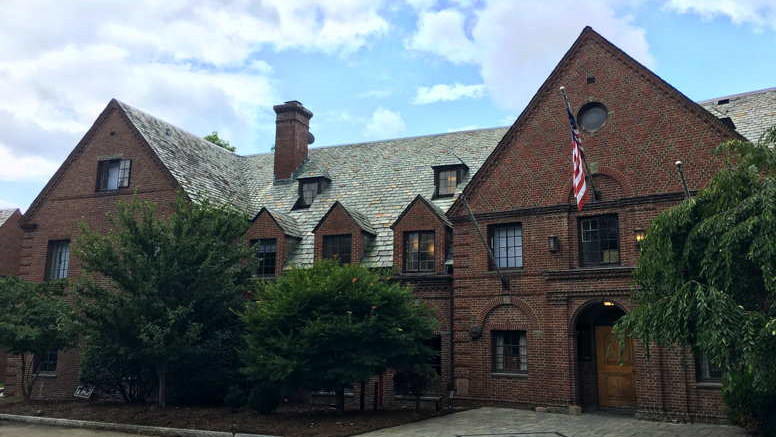Equity & Engagement Community (EEC)

EEC is part of the South Campus residential area; it is not part of the West Campus House System (WCHS).
Mission
The mission of the Equity & Engagement Community (EEC) is to foster a sustainable residential community that is inclusive and supportive of all intersecting identities, as well as the journey that students will take in exploring and developing these identities. The EEC provides a vibrant co-curricular experience that encourages students’ personal and academic growth, which allows students to better recognize the importance of demonstrating exceptional community and social responsibility. The EEC provides comprehensive education about diversity, equity, inclusion, accessibility, and social justice through a lens that challenges Westernized ideals and upholds the principles of anti-racism and anti-colonialism.
Vision
The Equity & Engagement Community (EEC) strives to help students achieve their full potential of becoming integrous, transformational, and conscious leaders whom are prepared not only to affect positive culture change at Cornell University, but also on a global scale. The EEC aspires to be a premier and renowned residential community because of its comprehensive co-curricular education, numerous engagement opportunities, culture of mutual respect, and unwavering commitment to belonging and inclusivity.
Student Learning Outcomes
Students will be able to:
- Examine their own identities, how intersectionality affects their identity development, and recognize how their unique lived experiences influences their worldview.
- Demonstrate empowerment within their intersecting identities and gain the ability to influence others through identifying and participating in social justice initiatives.
- Explain the importance of communicating across differences and preserving the marketplace of ideas within higher education settings through openly participating in non-partisan civil discourse.
- Prepare to create change as transformational and conscious leaders in an increasingly globalized and internationalized society.
- Utilize campus resources that foster academic empowerment, contribute to academic success, and encourage the pursuit of lifelong learning.
- Describe existing structures of power and privilege, examine the oppression and exclusion caused by these structures, and discuss the ways through which these structures could be dismantled or reformed.
Community Features
- Open to undergraduate transfer students and upper-level students
- 37 residents, including two Resident Advisors
- Located adjacent to West Campus, within walking distance to Collegetown
- Single, super single, and double style rooms
- Library with study space, TV lounge, upstairs study rooms, resident kitchen and dining area, and a laundry room in the basement
- Bedrooms contain, for each occupant: an extra-long twin bed, a closet and a bureau (or wardrobe/bureau combination), a desk and desk chair, a desk lamp, and floor carpeting
- Wireless Internet access
EEC rooms do not have air conditioning. Hallways and main areas have hardwood floors.
Housing Population Type
Helpful Information and Important Links
Below are resources and guidelines to support your residential experience at Cornell University. Please review the tabs below and bookmark these pages to apply for housing, browse through meal plan options, find mail and package information, and explore the Equity and Engagement community pages in CampusGroups.
